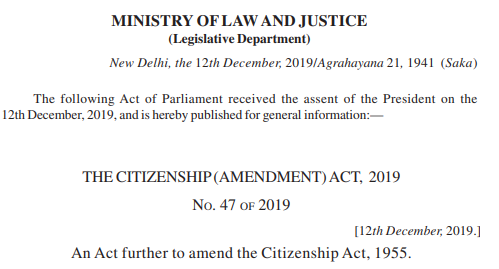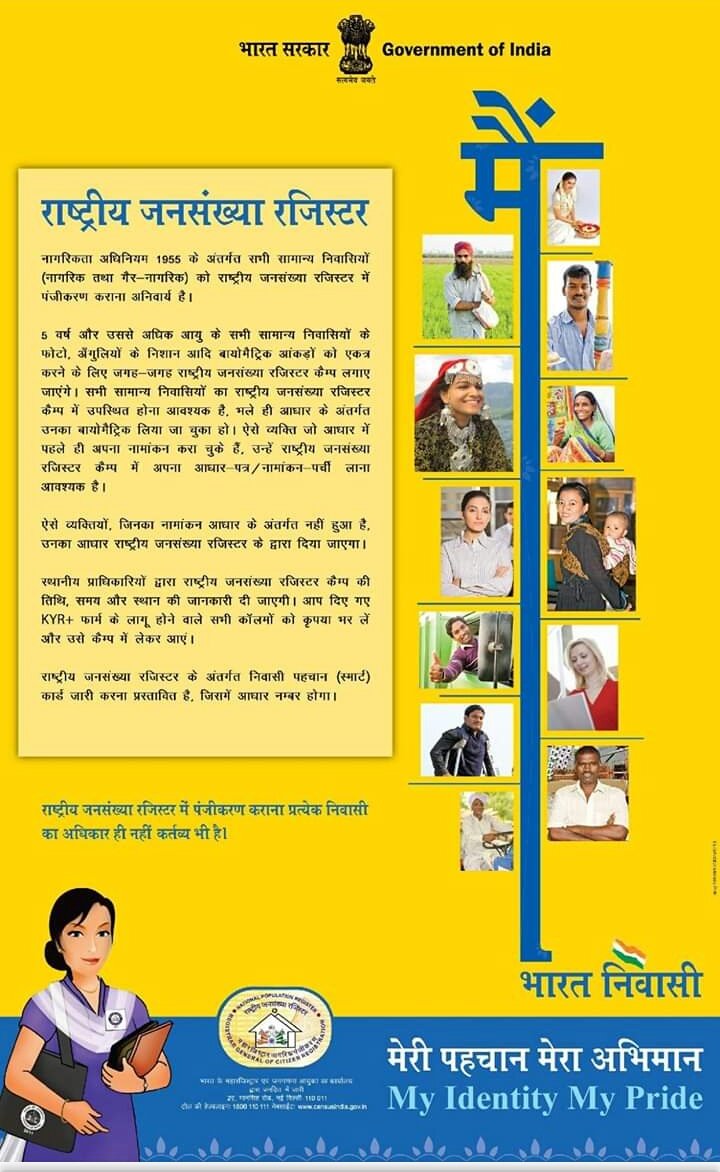Memo:
Subj: #CAA_NRC_NPR - The UK experience with a National Identity Register.
To: #Citizens of #India
Recommendation: The Protests should continue
Summary: The Identity Cards Act, 2006 was finally repealed in 2010 as unworkable, and violative of civil liberties.
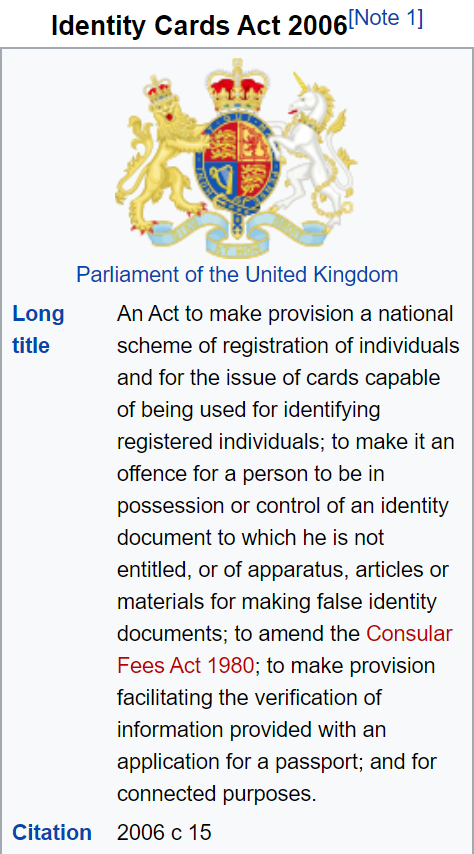
Following the Sept 11 2001 terrorist attack on the World Trade Centre, New York, the level of paranoia was high. One of the ideas to make Britain safe was to introduce compulsory Identity cards for every one. The full history of the National Identity Register is detailed..
here. en.wikipedia.org/wiki/Identity_…
The detail is eerily similar to what India is proposing.
The Act specified fifty categories of information that the National Identity Register could hold on each citizen,[1] including ...
-10 fingerprints
-digitised facial scan
-iris scan,
-current and past UK and overseas places of residence
-indexes to other Government databases (including NI No) - and a blanket 'any further information' that could be added in regulations
Despite opposition from civil liberties' groups, lawyers and others, the Bill passed through all its parliamentary stages. Labour had won the 2005 General Election giving Tony Blair a third successive win and a 66 seat majority in @HouseofCommons Royal Assent on 30 March 2006
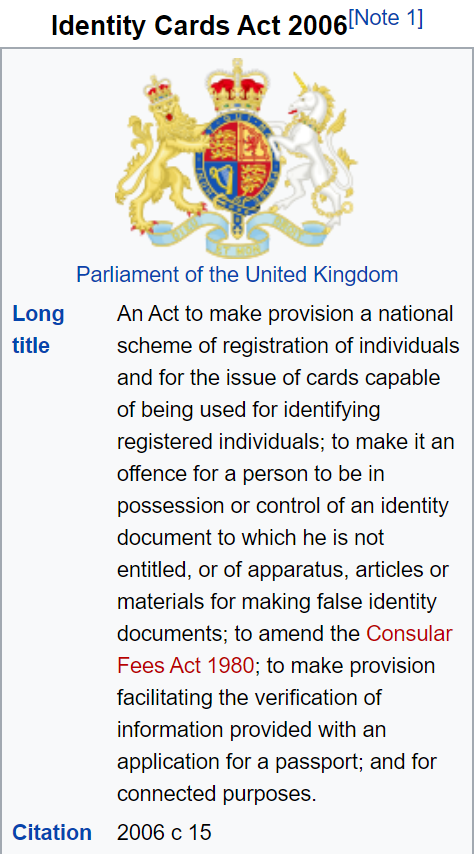
Foreigners were the first to be given the cards in 2008. At £ 30 a card it was cheaper for young people than a passport to use as ID, but the total cost to the Govt was estimated to be £60 per card. Opposition mounted.. And in the 2010 General Election..
In the 2010 General election, while @UKLabour promised to continue with the roll out of the Identity cards, every other party promised to Scrap them. SAs it turned out Labour lost and a LiberalDemocrat-Conservative Caolition Govt took charge. The 2006 Act was repealed.
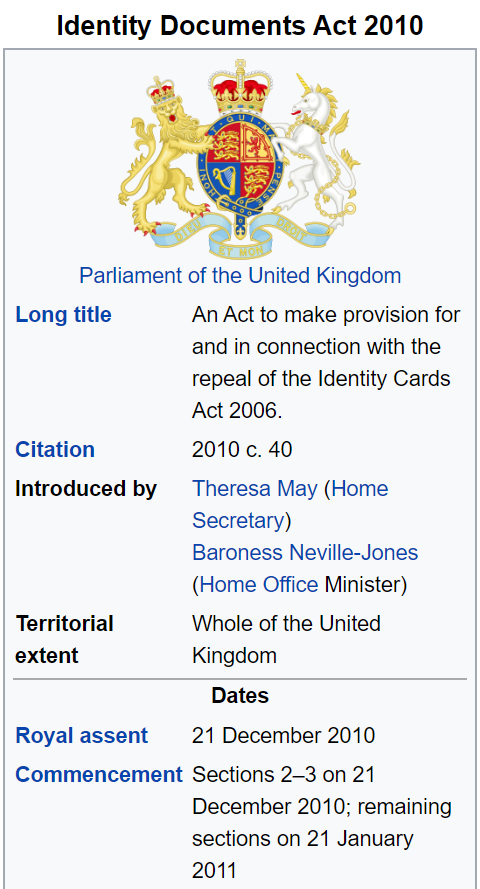
The entire scheme was scrapped, and the existing Information held on the National Identity Register was destroyed. A Labour amendment also required anyone who had paid for an identity card to be re-imbursed.
The One sure purpose such an ID card and a database can serve in the hands of an Authoritarian Government CAN serve is surveillance of the ordinary perfectly legitimate activities of law-abiding citizens with the objective of controlling them and bending them to its will.



